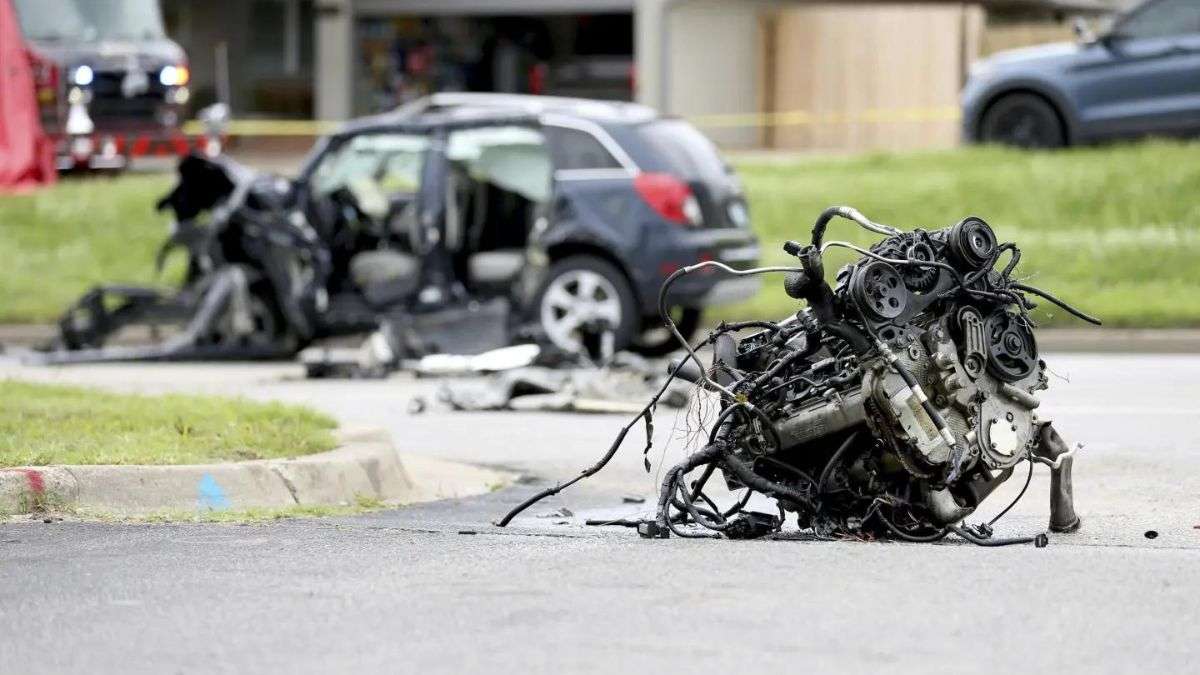Karnataka judge B.V. Nagarathna likely to be first woman CJI in 2027

New Delhi: The Supreme Court collegium head by Chief Justice of India, N.V. Ramana has recommended nine names to the Union government on Tuesday for appointment as judges of the Apex Court.
Among nine names, senior judge of the Karnataka High Court, B.V. Nagarathna, will be elevated to Supreme Court and she will become the first woman poised to become India’s first woman Chief Justice of India in 2027. Her father, Justice, E.S. Venkataramiah, was the CJI for almost six months in 1989.
If the Union government clears her name, justice Nagarathna will be the first woman CJI for seven months. It will also first in kind in the Indian judiciary both father and daughter become Chief Justice of India.
The Supreme Court collegium has recommended the names of three women judges to the top court. Justice Hima Kohli, Chief Justice of Telangana High Court, Justice B.V. Nagarathna, senior judge of Karnataka High Court and Justice Bela Trivedi, senior judge of Gujarat High Court.

From Supreme Court Bar, the collegium has recommended the name of senior Advocate P.S. Narasimha. Chief Justice of Karnataka High Court, Justice A.S. Oka, Chief Justice of Gujarat High Court, Justice Vikram Nath, Chief Justice of Sikkim High Court, Justice J.K Maheshwari, - Kerala High Court judge, Justice CT Ravikumar, Madras High Court Judge, Justice M.M. Sundresh’s names recommended to the Supreme Court.
Narasimha will be the ninth lawyer to be appointed directly from the Bar to the Supreme Court. Justice N. Santhosh Hegde and Rohinton Nariman, previously appointed as judges of the Supreme Court from Bar.
The Supreme Court is currently functioning with nine vacancies which will rise to ten with the retirement of Justice Navin Sinha on Wednesday.
Who is Justice Nagarathna: Started as a lawyer in Bengaluru and was appointed as an additional judge in the Karnataka HC in February 2008. She was made a permanent judge two years later. Her father E.S. Venkataramiah, was the CJI for six months in 1989.
In November 2009, while she was hearing a matter, a group of protesting advocates had locked her in a courtroom, but she handled the situation with calm and observed that “we are not angry, but we are sad that the Bar has done this to us. We have to hang our heads in shame.”

Her judgement on regulating electronic media is also considered as one of the landmark judgements of the Karnataka high court. In 2012, she passed judgement, observed that “while truthful dissemination of information is an essential requirement of any broadcasting channel, sensationalism in the form of ‘Breaking News, ‘Flash News’ or in any other form must be curbed,” she wrote in her judgment.
She has suggested the Centre consider setting up an autonomous and statutory mechanism to regulate broadcast media, however, she clarified that the concept of regulation should not be understood to mean control by the government or the powers that be.
In another judgement, she ruled in favour of employees of temples run by the Muzarai department. While observed that a temple is not a “commercial establishment,” and hence, employees of a temple in Karnataka are not entitled to gratuity under the Payments of Gratuity Act.
However, she directed that employees will be entitled to gratuity benefits under the Karnataka Hindu Religious Institutions and Charitable Endowment Act, which is a special law enacted in the state and not under the Payments of Gratuity Act.

















